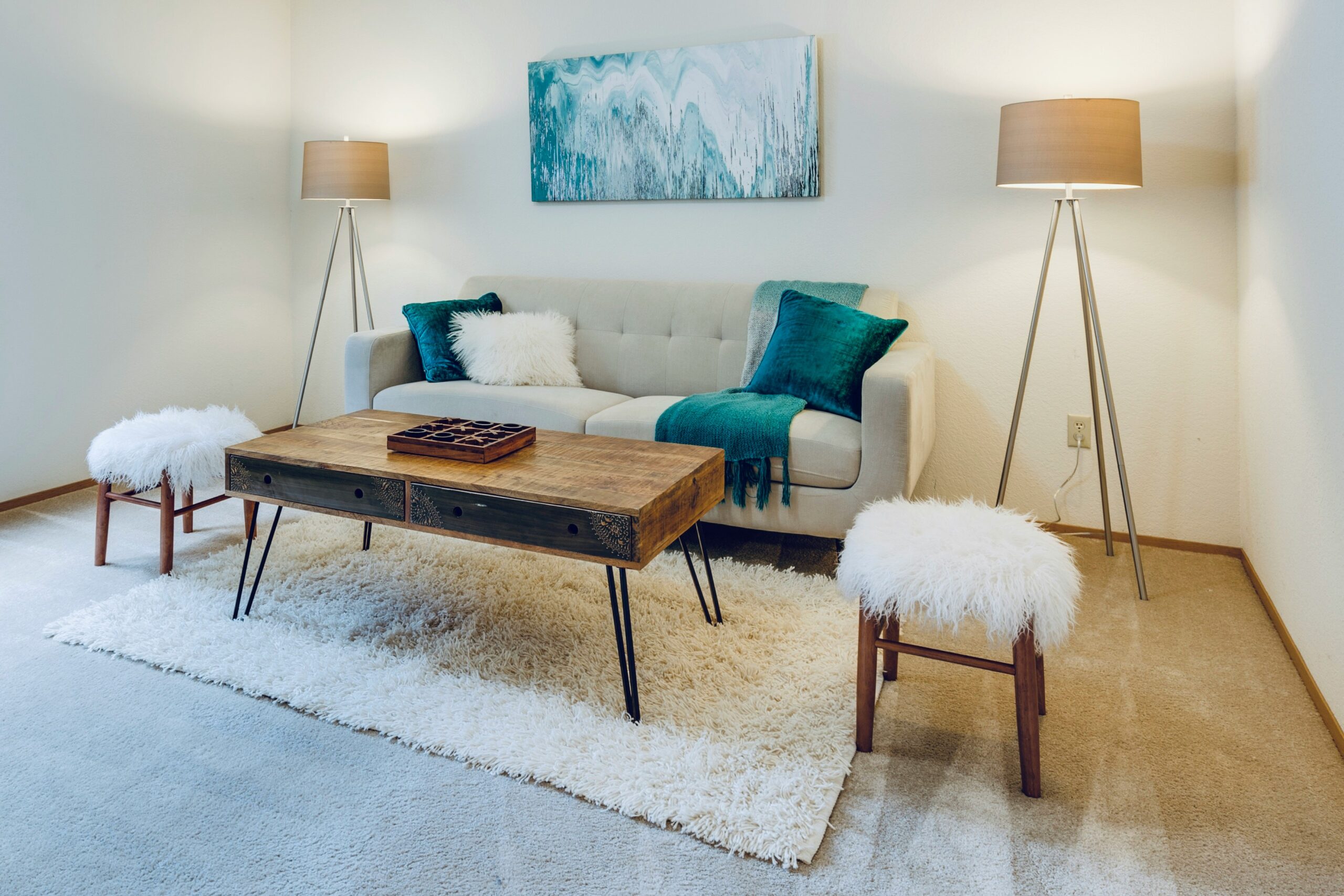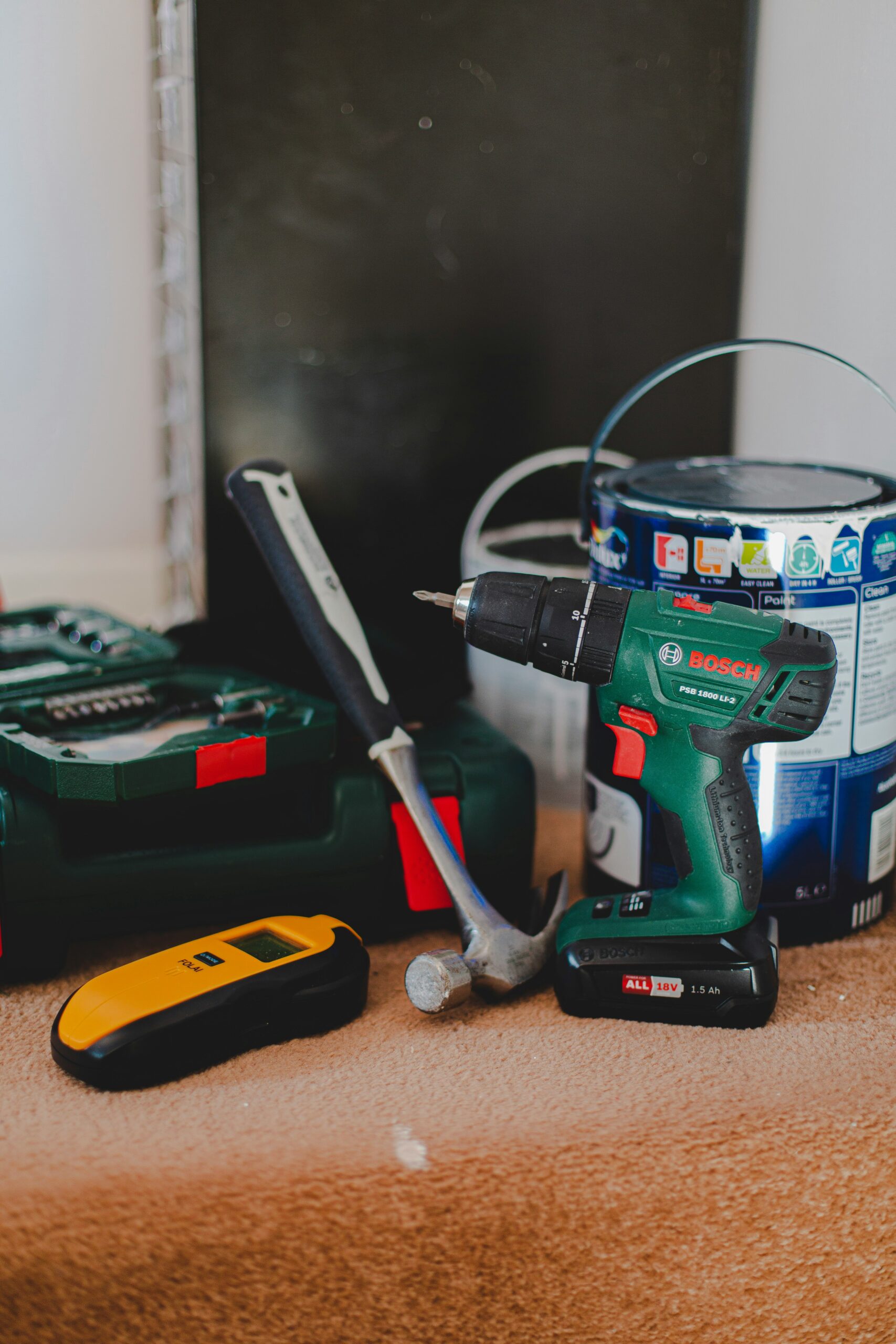One of the best ways to get a better feel for the property and determine if it’s right for you is to attend an open house. Of course, you need to be prepared and know what to look for prior to your visit so that you can maximize your tour. Here are some open house tips for buyers that will help you prepare in advance and feel confident.
Benefits of Touring Open Houses
Gives You an Opportunity to Browse Without Stress
One of the best things about open houses is that there is no pressure. Unlike viewing a home by appointment and private tour, you can leisurely walk around the property, ask questions, and get a feel for the house without feeling like you’ve wasted the agent’s or homeowner’s time if you are not interested.
Helps You Narrow Down Your Must-Haves in a New Property
It can be challenging to decide on your must-have (and nice-to-have) list without having examples in front of you. When you browse open houses, you can pick out portions of a home you definitely would like to see, and you may also get ideas for the features you would like to avoid. This inspiration will help you explain to your agent what to look for in other properties so that they can narrow down the homes to show you next.
Open-House Tips for Buyers
If you are attending an open house because you are interested in the property, you need to know what to look for so that you can determine if the home is right for you. Here are some things to look for as you embark on your home search.
Condition of Home
Of course, it can be difficult to tell exactly what kind of condition a property is in from a description or listing images alone. When you tour an open house, however, you can see first-hand if the home has been well-maintained or if it has red flags, such as broken stairs, peeling paint, cracks in the walls, or other signs of neglect. Are the appliances up-to-date and energy-efficient? Are the windows in good shape? What about the yard and landscaping? Getting an up-close and personal look at all the home’s features is absolutely invaluable.
The Surrounding Neighborhood
When you visit an open house, make sure you look at more than just the property itself. Drive around the neighborhood and check it out. Are there other houses nearby? How close are the amenities like shopping, restaurants, the post office, and gas stations? Are the sidewalks and streets well-maintained?
Storage Space
An important — but sometimes overlooked — open house tip for buyers is to assess the available storage space when touring a home. Pictures of storage are rarely available in marketing materials or described in detail in listings. An open house is your perfect chance to peek in cupboards, walk into closets, and check out the attic, garage, and other places where you can store your belongings. You want to ensure there is enough space!
Know Which Questions to Ask the Agent
One of the perks of attending an open house is that you can ask the real estate agent hosting the event a few questions about the home and its history. Here are some important ones to consider.
How long has the house been on the market? It might be a red flag if the home has been on the market for a while or if the agent skates around answering this question directly. In some cases, this could indicate that the property is overpriced, that there are issues that have come to light during the inspection, or that there are some other potential problems that may serve as roadblocks.
Have there been any price fluctuations? Another red flag is if the seller has significantly reduced the price of the home after initially listing it. If there have been price fluctuations, make sure to ask the agent for more details. In some cases, the home may have simply been overpriced to begin with, and so a reduction in the listing price was made solely to correct the initial mistake.
Why is the home being sold? It’s always good to know why a home you are interested in is being sold. If the owner has decided to relocate due to life circumstances or is up- or downsizing, it’s usually not a cause for concern. However, if no reason is given, you may want to dig deeper to ensure there is not an issue with the neighborhood or the home itself.


